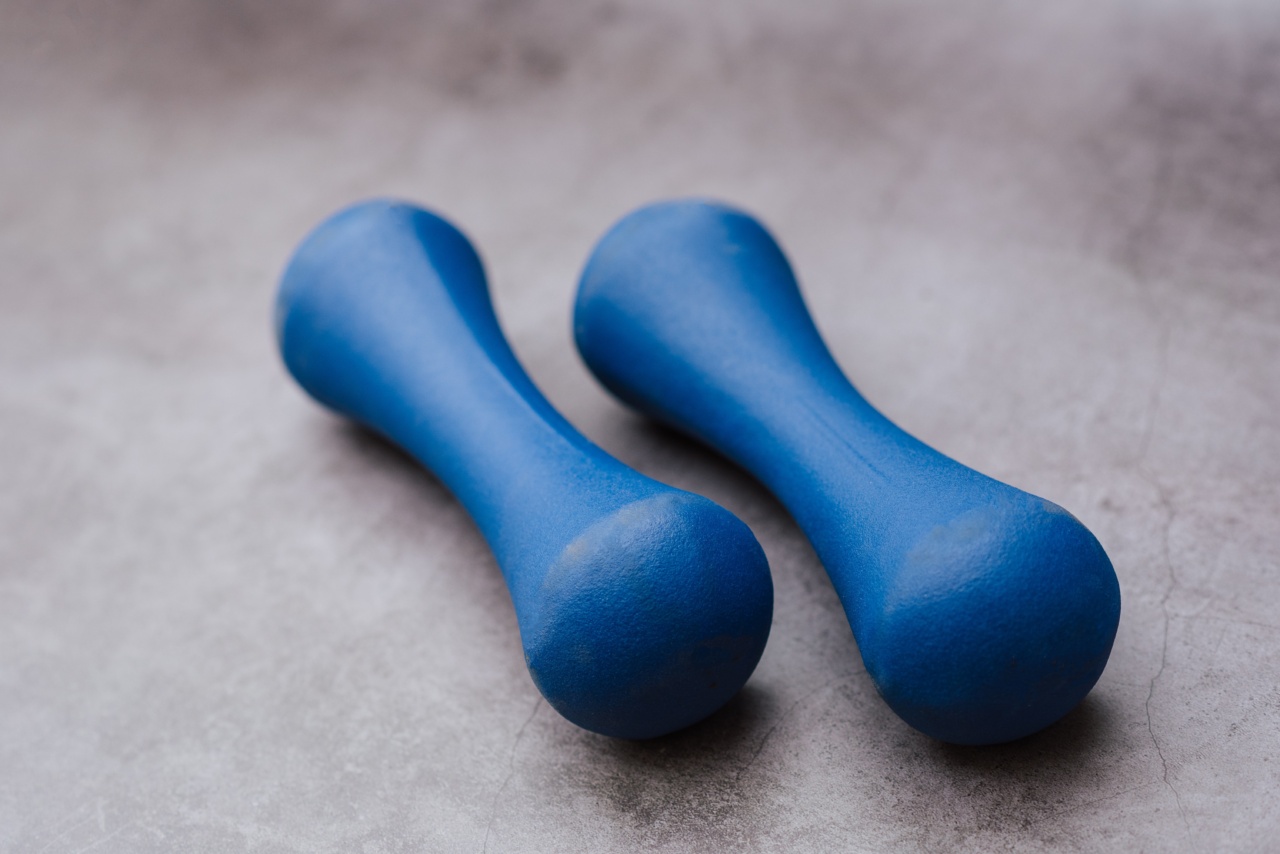Weight loss can be a real challenge, but it’s often what comes after the diet that can be the hardest. Maintaining a healthy weight can be difficult, especially if you don’t have a plan.
We’ve compiled 30 simple tips to help you maintain your weight after dieting.
1. Stay Hydrated
Drinking water is essential for maintaining a healthy weight. Staying hydrated can help you manage your appetite and prevent overeating. Aim for at least 8 cups of water per day.
2. Keep a Food Journal
Writing down what you eat can help you monitor your calorie intake and identify areas of improvement in your diet. Use a notebook, app, or website to help track your food intake.
3. Focus on Fiber
Eating fiber-rich foods can help you feel full and satisfied. Aim for at least 25 grams of fiber per day. Foods high in fiber include fruits, vegetables, whole grains, beans, and nuts.
4. Don’t Skip Meals
Skipping meals can lead to overeating and a slower metabolism. Aim for three meals and two snacks per day to help keep your metabolism going and hunger at bay.
5. Control Portions
Eating appropriate portion sizes can help you maintain a healthy weight. Use measuring cups, a food scale, or your hand to guide your portion size.
6. Move Your Body
Exercise is essential for maintaining a healthy weight and overall health. Aim for at least 30 minutes of moderate-intensity exercise most days of the week.
7. Get Enough Sleep
Sleep plays a vital role in weight management. Not getting enough sleep can lead to overeating and weight gain. Aim for 7-8 hours of sleep each night.
8. Choose Healthy Snacks
Snacks can be a great way to manage your appetite. Choose healthy, nutrient-dense snacks like fruit, vegetables, or nuts.
9. Be Mindful
Mindful eating means paying attention to the food you eat and your body’s hunger and fullness cues. Take time to enjoy your food and listen to your body’s signals.
10. Cook at Home
Preparing your meals at home can help you control the ingredients and portions of your food. Cooking at home can also be a fun and rewarding experience.
11. Don’t Drink Your Calories
Drinking sugary drinks can add a lot of extra calories to your diet. Choose water, unsweetened tea, or black coffee instead.
12. Plan Your Meals
Planning your meals ahead of time can help you make healthy choices and avoid impulse eating. Take some time each week to plan your meals and snacks.
13. Stay Active
Staying active throughout the day can help you burn calories and maintain your weight. Take the stairs instead of the elevator, go for a walk during your lunch break, or try standing at your desk.
14. Find a Support System
Having a support system can be essential for maintaining a healthy weight. Look for friends, family, or a professional who can support you in your efforts.
15. Choose Whole Foods
Eating whole foods like fruits, vegetables, whole grains, and lean protein can help you maintain a healthy weight. Avoid processed and packaged foods whenever possible.
16. Don’t Eat Late at Night
Eating late at night can lead to overeating and disrupted sleep. Aim to finish your last meal at least 2-3 hours before bedtime.
17. Find Healthy Substitutes
Replacing high-calorie foods with healthier substitutes can help you maintain a healthy weight. Try swapping butter for avocado, sugar for stevia, or chips for carrots and hummus.
18. Balance Your Plate
Creating a balanced plate with lean protein, healthy fats, and whole grains can help you maintain a healthy weight. Use the plate method to guide your portion sizes.
19. Don’t Eat Out of Boredom
Eating out of boredom or stress can lead to overeating and weight gain. Find other activities to occupy your mind and body.
20. Manage Your Stress
Stress can be a major factor in weight gain. Find healthy ways to manage stress such as yoga, meditation, or deep breathing exercises.
21. Don’t Keep Junk Food in the House
Keeping junk food in the house can lead to mindless snacking and overeating. Make your home a healthy environment by keeping healthy snacks on hand.
22. Eat Mindfully
Eating mindfully means paying attention to the food you eat and your body’s hunger and fullness cues. Take time to enjoy your food, chew your food slowly, and put down your utensils between bites.
23. Find Healthy Recipes
Finding healthy recipes can help you maintain a healthy weight and experiment with new foods. Look for recipes that incorporate whole foods and nutrient-dense ingredients.
24. Set Realistic Goals
Setting realistic goals can help you maintain a healthy weight and avoid frustration. Set small, achievable goals that focus on your overall health and well-being.
25. Be Patient
Maintaining a healthy weight is a lifelong journey. Be patient with yourself and know that small changes can lead to significant results over time.
26. Eat More Vegetables
Vegetables are a great way to bulk up your meals while adding important nutrients. Aim to include vegetables at every meal.
27. Avoid Fad Diets
Fad diets can lead to frustrating weight loss and regain. Focus on a healthy, balanced diet that is sustainable long-term.
28. Limit Alcohol Consumption
Alcohol can add a lot of extra calories to your diet and lead to weight gain. Limit your alcohol consumption to one drink per day for women and two drinks per day for men.
29. Stay Positive
Maintaining a healthy weight can be challenging, but staying positive can help you overcome obstacles. Focus on your progress and the positive changes you’ve made.
30. Embrace a Healthy Lifestyle
Maintaining a healthy weight is about more than just what you eat. Embrace a healthy lifestyle that includes regular physical activity, stress management, and supportive relationships.




























